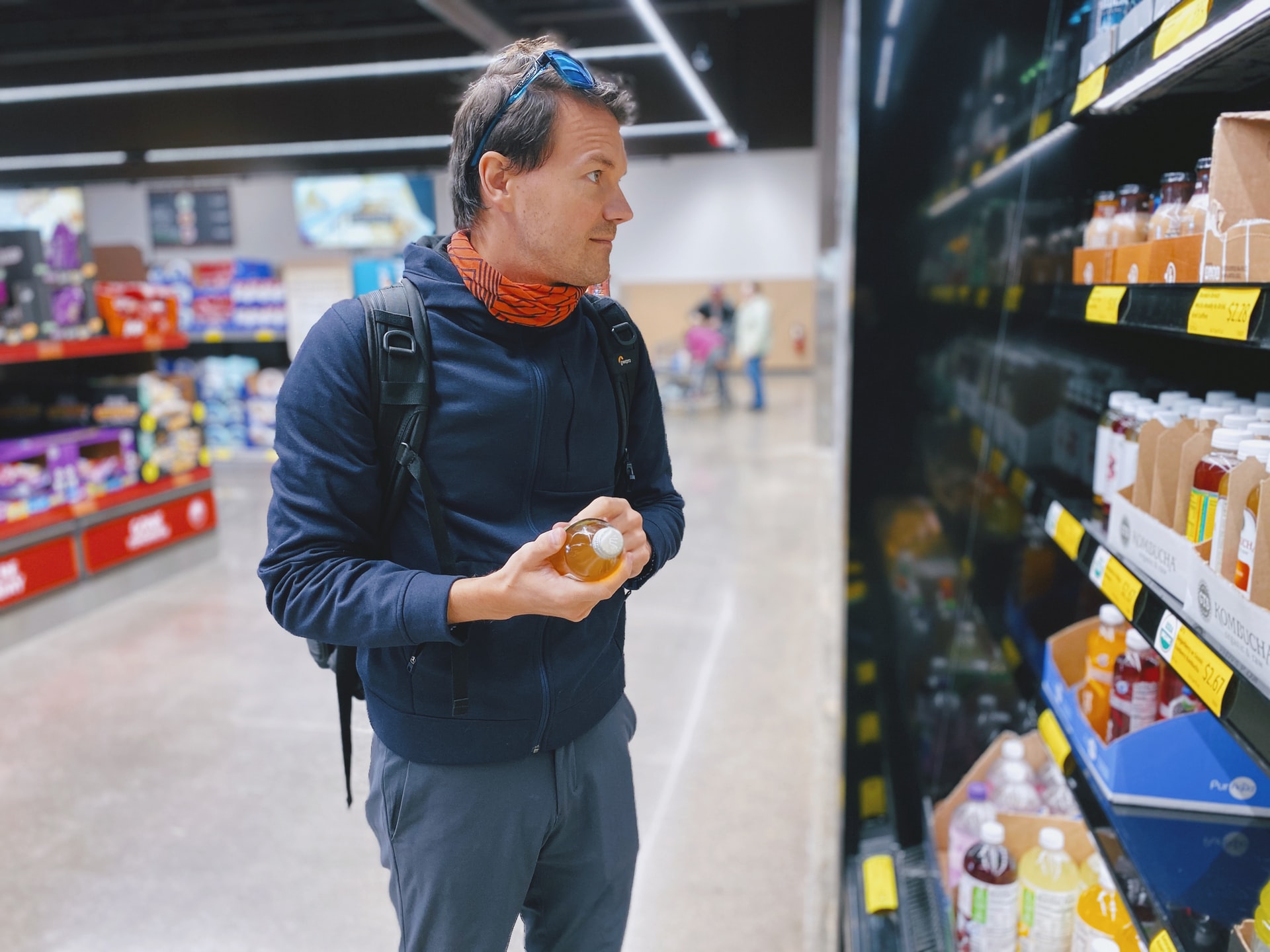It seems we have finally reached the weird but fascinating part of CES 2019 (and that’s really saying something!).
It is time to give our taste buds a treat. Impossible Foods has just announced the Impossible Burger 2.0. This lab-grown veggie burger is made from plants and tastes almost exactly like real meat.
The food tech startup will be releasing the burger in several famous West Coast restaurants soon. The original Impossible Burger is already available in restaurants around the US (as well as in Hong Kong and Macau). And now there will be a gluten-free option as well, so anyone who is allergic to gluten can enjoy the full burger experience without fearing for their life. Yay, science!
The low-calorie, plant-based burger was a huge hit at CES 2019 and 2.0’s upgrades were instantly evident. Anyone who has tasted the first version of the Impossible Burger can attest to 2.0’s improvements in taste, texture, and aroma.
The “beef” patty is practically indistinguishable from the real thing. The patty is thick, solid, and chewy which makes for a great impersonation of actual meat. And it’s much less greasy than real beef.
Impossible Foods says their “meat” can be used in other dishes as well, not just for burgers. Meatballs, sloppy Joes, pizza toppings, you name it. Impossible Burger 2.0 will start shipping to their restaurant partners on February 4th.
Impossible Foods expects that all its partners will serve the burger by March though White Castle will start serving the improved burger on January 8th.
The Impossible Burger 2.0 is made from“soy leghemoglobin” or “heme” instead of cows. Using soy protein makes the burger gluten free. The company claims the meat does not have any hormones, antibiotics, or cholesterol. Moreover, the meat is kosher and halal.
The company previously stated that it plans to sell its Californian made burgers in some grocery stores in the US. Impossible did not give any other details except that it will be made available to millions of households sometime in 2019.
Impossible Foods was founded in 2011. Its whole “plant-based meat” moniker came into existence after the discovery of heme protein. Heme is what gives meat its trademark salty, smoky flavor. The food-tech company asked itself how it could bring the same meaty flavor to plant-based ingredients.
Their solution was to genetically engineer a unique kind of yeast to manufacture the heme protein found in plants. The Impossible Burger is still more expensive than an actual burger, due to the cost of its production.
The Impossible Burger is being sold at over 5000 restaurants across the US including Momofuku Nishi, Umami Burger, Saxon + Parole, White Castle, and Linger, just to name a few.
The future of the human diet is an interesting topic. And we may be entrusting it to safer hands now. When we consume meat, we often do not consider the cost we are paying for it – and I don’t mean the amount of money it costs us. I mean the cost of consuming meat has on the environment. Cow burps and farts (that produce methane) are a major culprit in global climate change and our reliance on beef as a household staple has exacerbated the problem.
Meat production also contributes to deforestation and water shortages because of the land and water needed to raise livestock. And, of course, there are moral objections to consuming meat, as it requires the slaughter of a living creature.
If we can get an equally satisfying meal that does not have these same strings attached, perhaps more people will start accepting a plant-based diet (or at least one that still tastes like burgers).
This diet revolution will be possible due to Impossible Burger (pun intended).
Have you tried an Impossible Burger yet? What did you think? Are you planning to try 2.0?




Soy lowers testosterone which lowers sperm count. The sperm count in the West is at an all time low. This “meat” will only help to further errode the failed fertility rate in the west.
This is not good for you, nor the population.